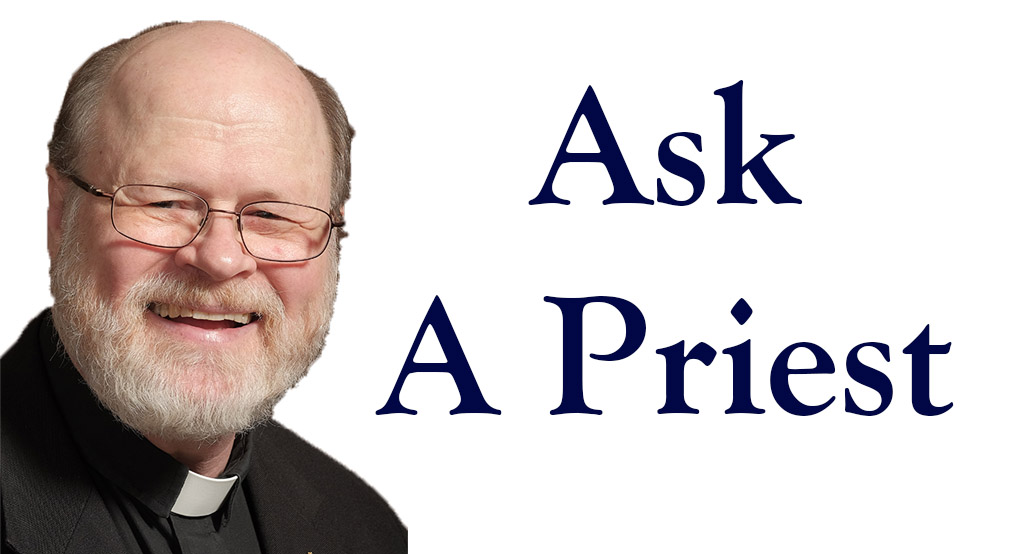Answer from: Fr. Stephen
Thank you for your many-faceted question. I say that it has many sides to it because I am not quite certain what you mean by “Eastern Churches” or who that someone is who is presenting the argument. There is also the matter of what we mean by the term “Catholic.” As to the first point, I gather that you mean the “Eastern Catholic Churches”, that is, those Eastern Churches which are in full communion with the Latin Church, and not the various churches of Eastern Christianity who mainly describe themselves as Orthodox (the Assyrian Church of the East does not use “Orthodox” in its official title).
The word “Catholic” has a complicated history. It is Greek in origin and comes from the phrase, kata holon which means “according to the whole.” It was used initially in response to heretical teachers who emphasized only certain elements of the Church and her faith. Today we would regard it as an expression of “organic unity.” As the Greek term entered the Latin language as catholica, it began to take on the meaning of being the Church that extends throughout the whole world, that is, “universal.” In modern Ukrainian, the term is rendered as soborna which emphasizes “coming together” and “communion.” More technically, it means “conciliarity” which is the principle of seeing the Church as a council with Christ as its head and led by the Holy Spirit. Different churches put this principle into practice in different ways. However we look at it, these expressions of the word “catholic” have their own genius. They are not so much opposed to each other as being complementary.
It was important to stress these various understandings of the word because it is not only the Catholic Church as an institution that uses this term to identify itself. Many Orthodox churches and some Anglican and Lutheran churches use “Catholic” as part of their official name. My hunch, however, is that you are referring to the Catholic communion of churches, of which the Latin Catholic Church is, by far the largest, while the Ukrainian Catholic Church is the largest of the Eastern Catholic Churches.
If your partner in dialogue is a Roman Catholic, then you can assure him or her that the Eastern Churches in communion with Rome are indeed Catholic in every sense of the word. You need to go no further than two critical documents of the Catholic Church to be convinced of this. The first is from the pronouncements of the Second Ecumenical Council held in the Vatican from 1962 to 1965. This council was comprised of the Pope with all the Catholic bishops of the world (including those of the Eastern Churches in communion with the Latin Church). The document in question is the Decree on the Catholic Eastern Churches (in Latin, Decretum De Ecclesiis Orientalibus Catholicis), promulgated in 1964. The title itself should be proof positive of their being Catholic. Furthermore, the decree states that “The Catholic Church values highly the institutions of the [Catholic] Eastern Churches” (par. 1), and that the “individual churches both Eastern and Western … are of equal rank, so that none of them is superior to the others” (par.4).
The second document is truly an inspired appreciation of the tradition and mission of the Eastern Churches in general and the Eastern Catholic Churches in particular. Pope St. John Paul II issued his encyclical, Light of the East (in Latin, Orientale Lumen) in 1995. Among the many expressions of esteem he offers, St. John Paul II makes special mention of the Eastern Catholic Churches. He declares,
… conversion is also required of the Latin Church, that she may respect and fully appreciate the dignity of Eastern Christians, and accept gratefully the spiritual treasures of which the Eastern Catholic Churches are the bearers, to the benefit of the entire catholic communion; that she may show concretely, far more than in the past, how much she esteems and admires the Christian East and how essential she considers its contribution to the full realization of the Church’s universality. (par. 21)
And if words do not convince them, then you just need to point to the witness of Eastern Catholics as they were persecuted over the last century and a half: Eastern Catholics in Armenia, Egypt, Ethiopia, the Maronites, churches of the Syrian East (from Lebanon to India), and the crushing persecution of Ukrainian Catholics and other Slavic Catholics under the Soviet regime. How many countless martyrs there were – all because they lived and professed their faith in Jesus Christ, much of the time because they were Catholics. And the persecutions continue to this day, especially in northern Africa and the Middle East.
Sometimes what appears to be a straightforward question can be quite complicated in terms of how one should respond. I am grateful that you are engaging in what has often been called “the dialogue of love” where two partners (be they individuals, or individual churches, or representatives of whole traditions) are truly seeking mutual understanding and a commitment to “speak the truth in love” (Ephesians 4:15). God bless your goodness and efforts.
Father Stephen Wojcichowsky

